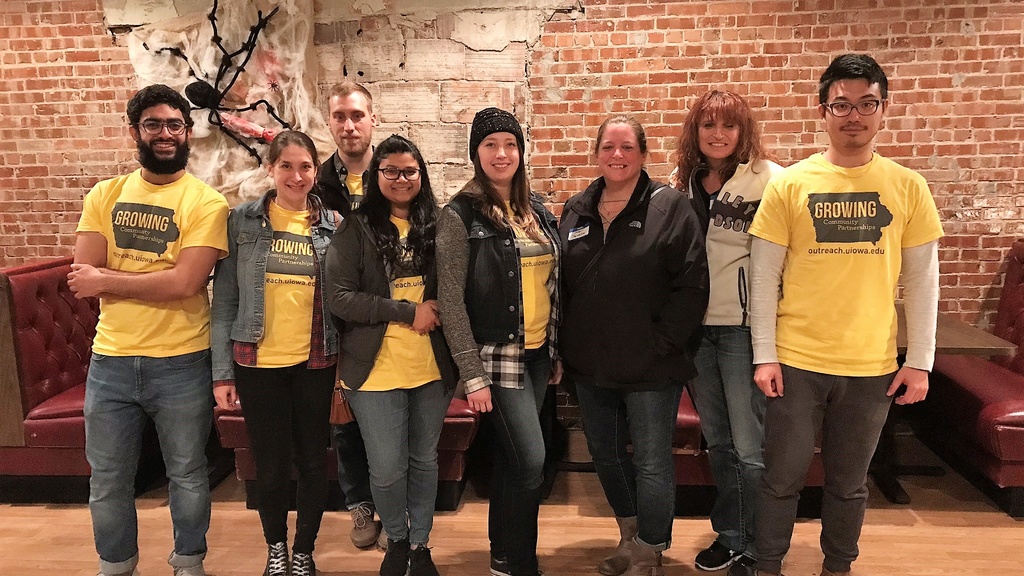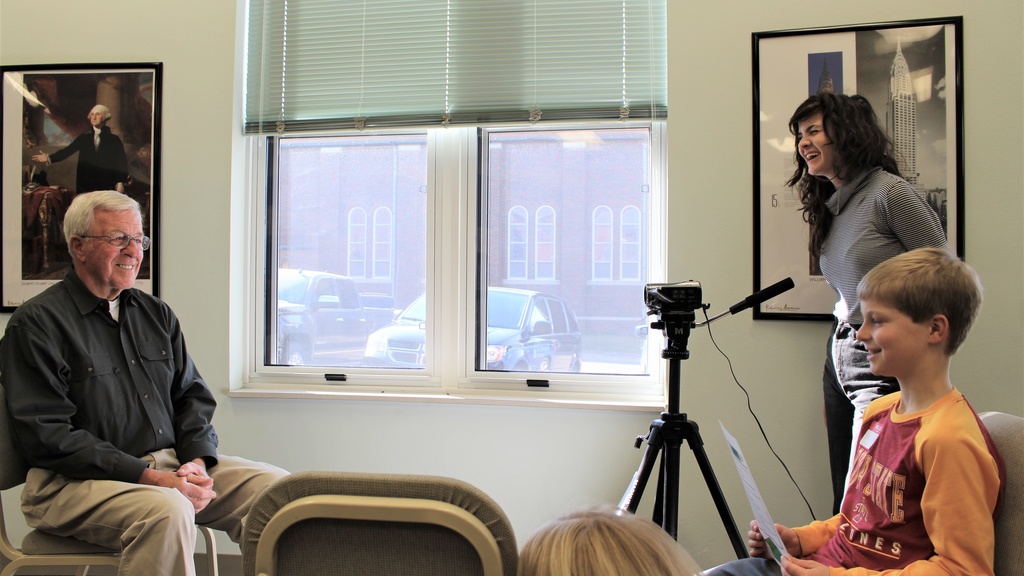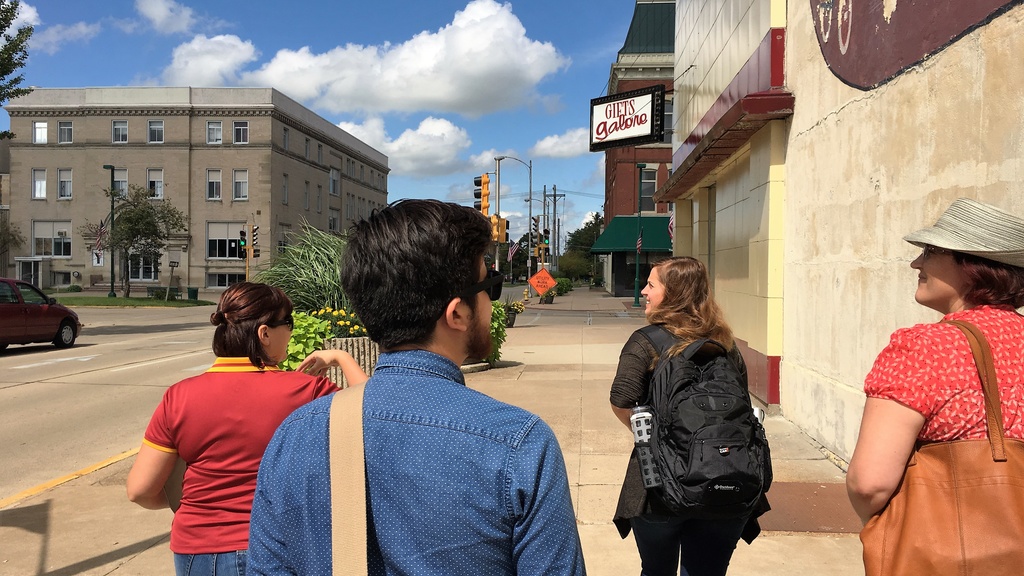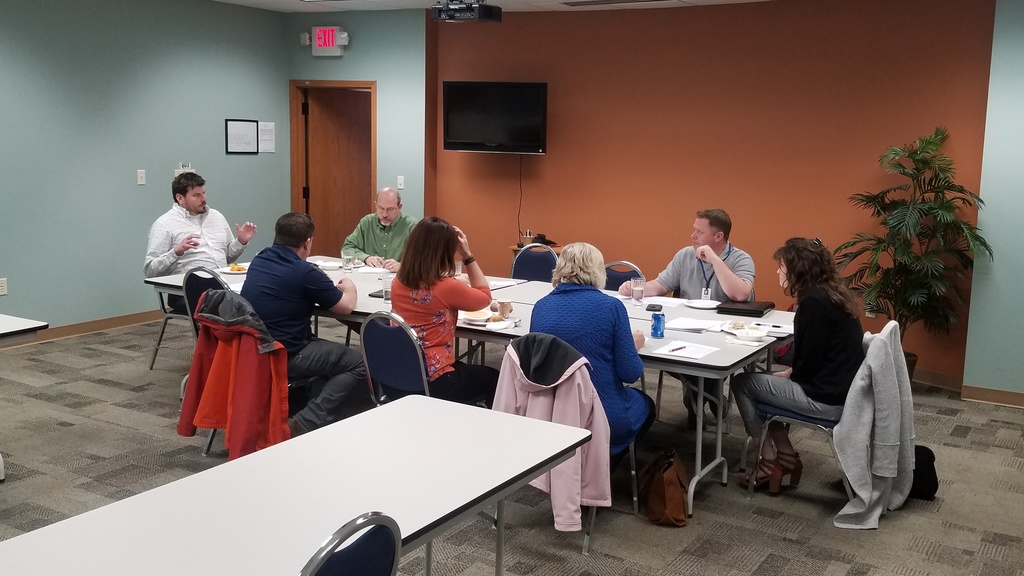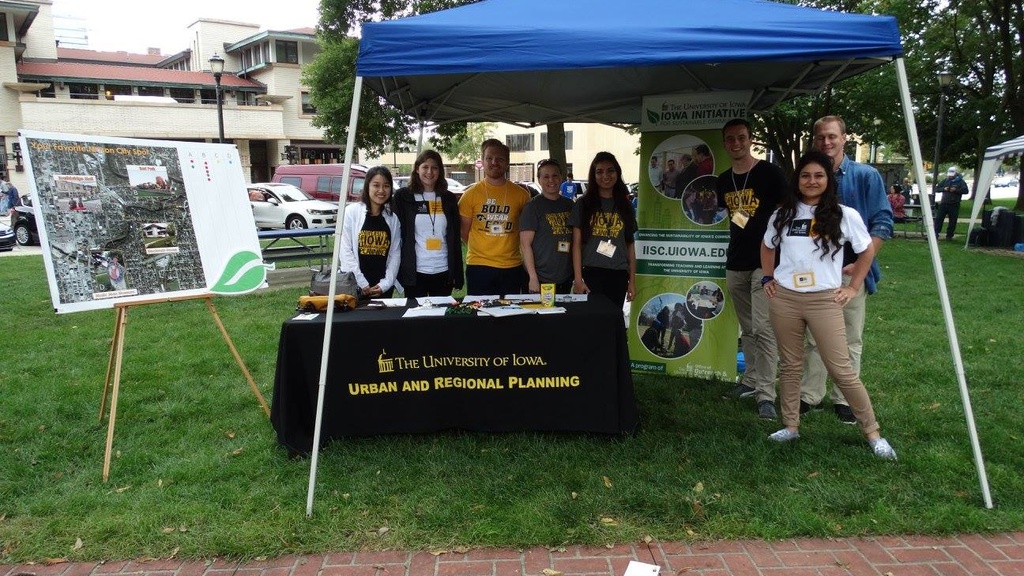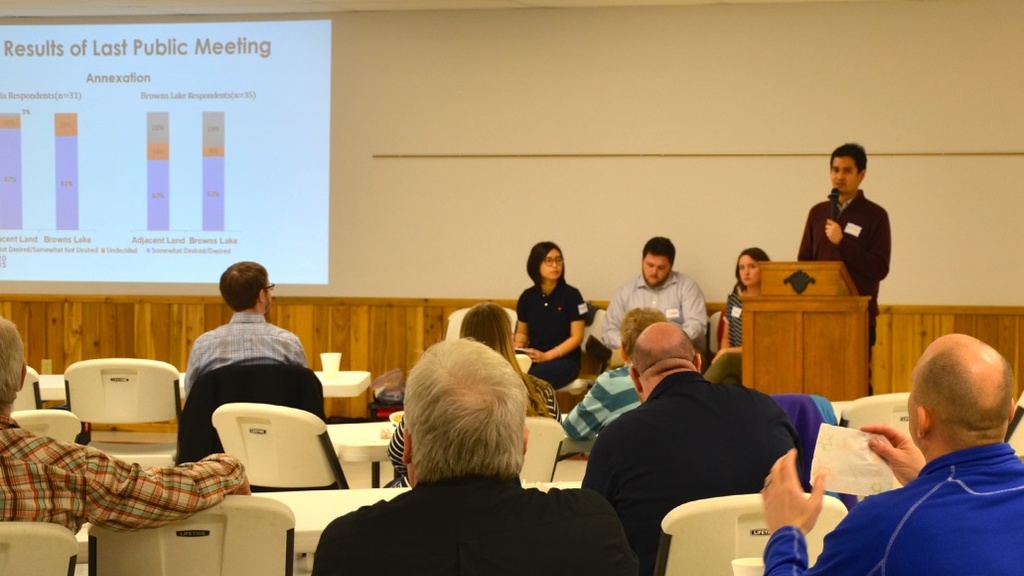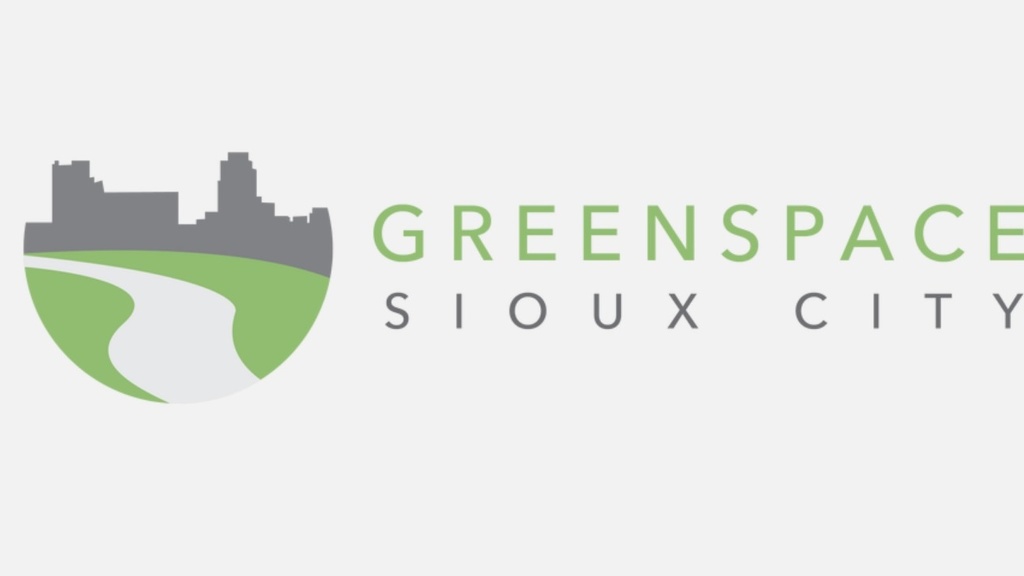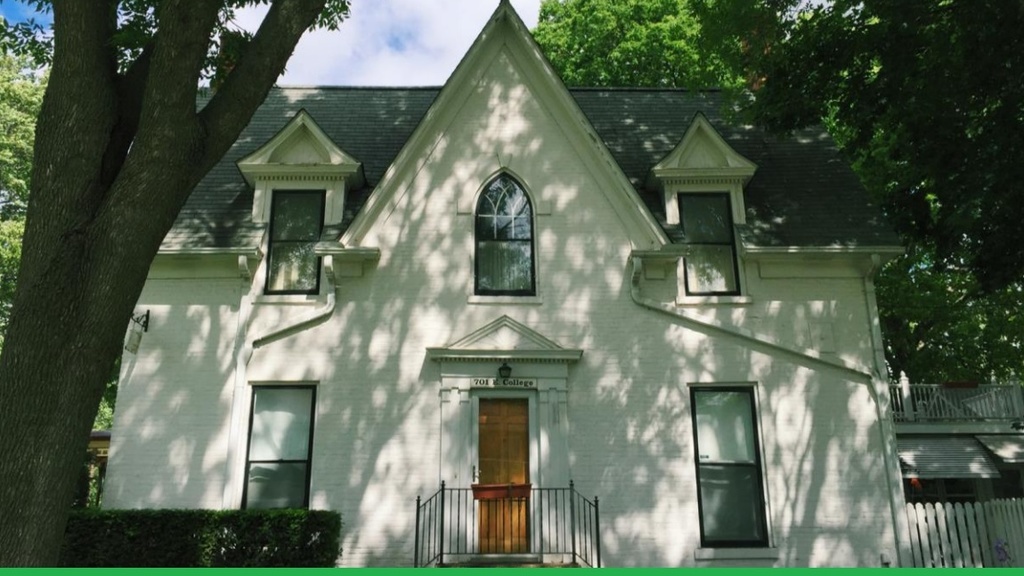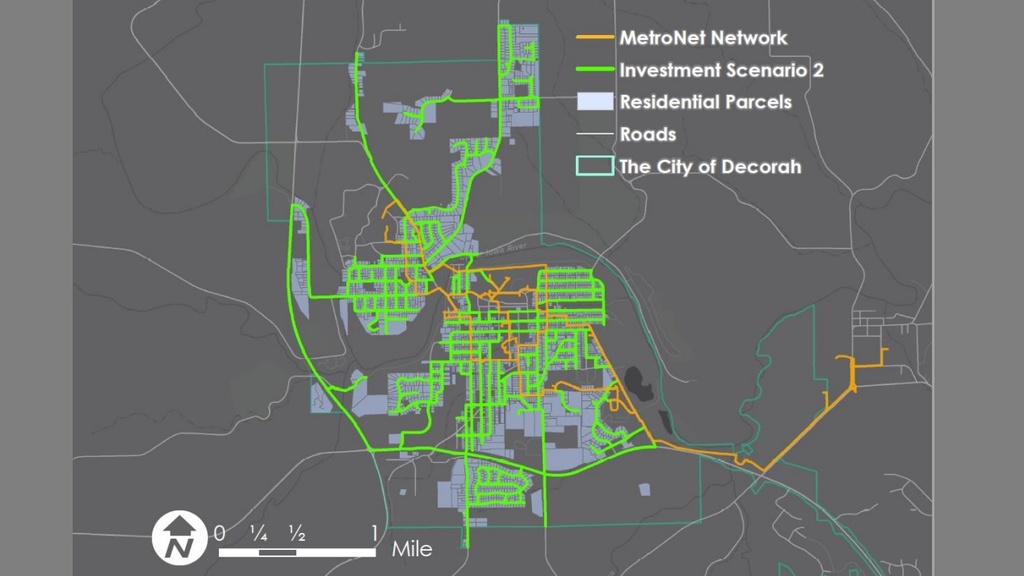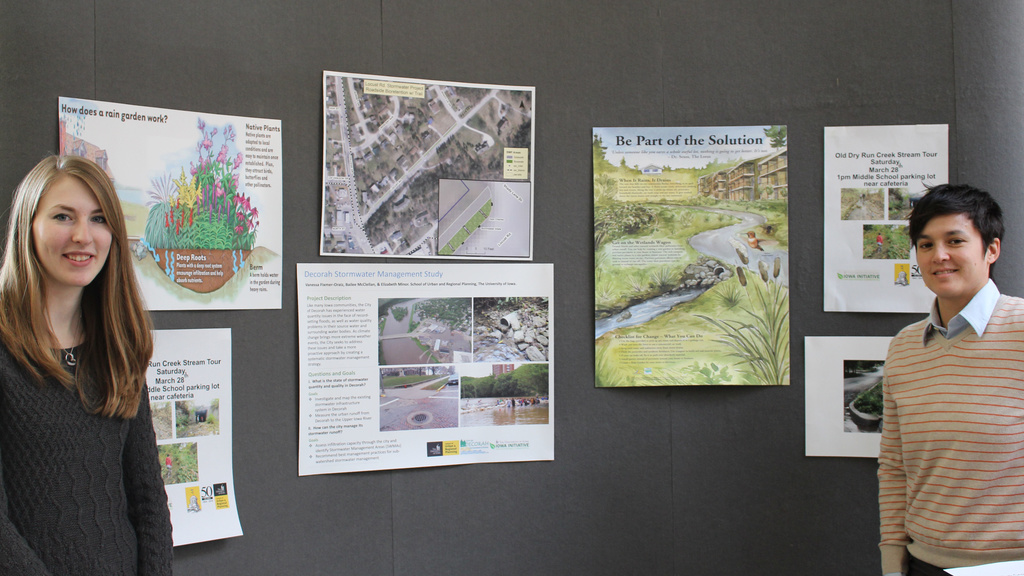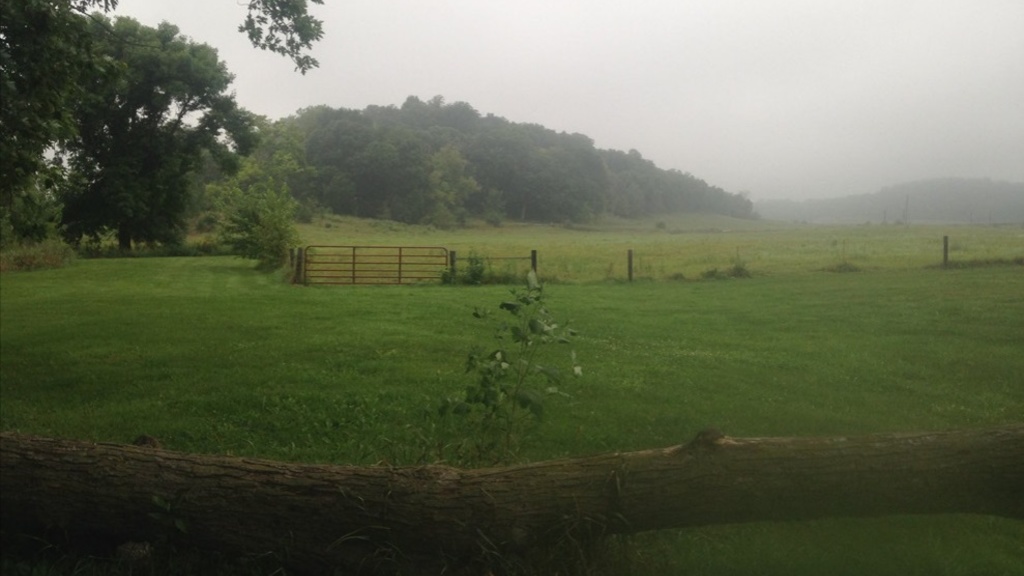The School of Planning and Public Affairs is committed to admitting a diverse student body and supporting a learning environment in which many values and perspectives contribute to the richness of the educational experience, to the fields of planning, public policy, and public administration, and to the communities in which we we live and work.
